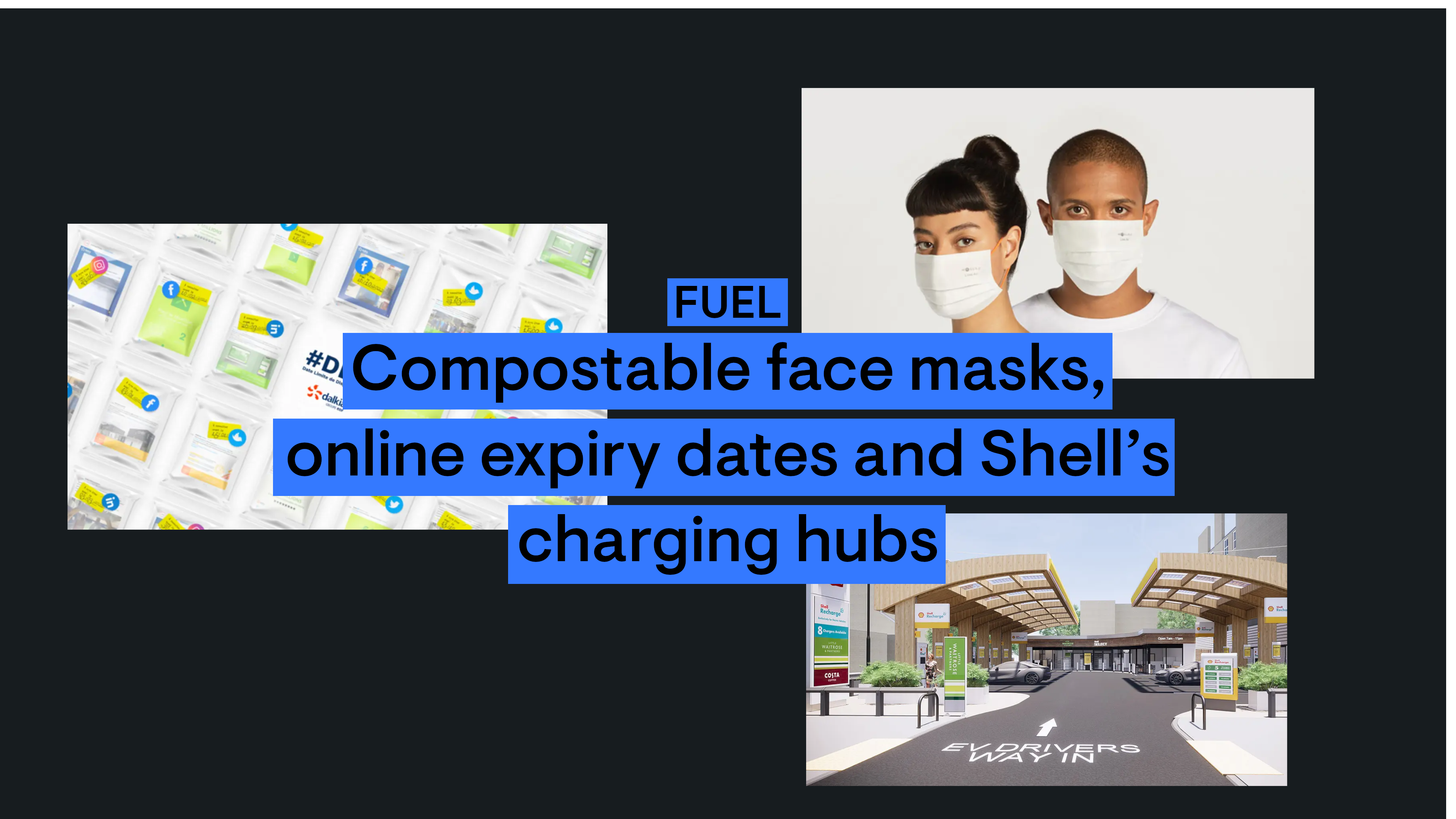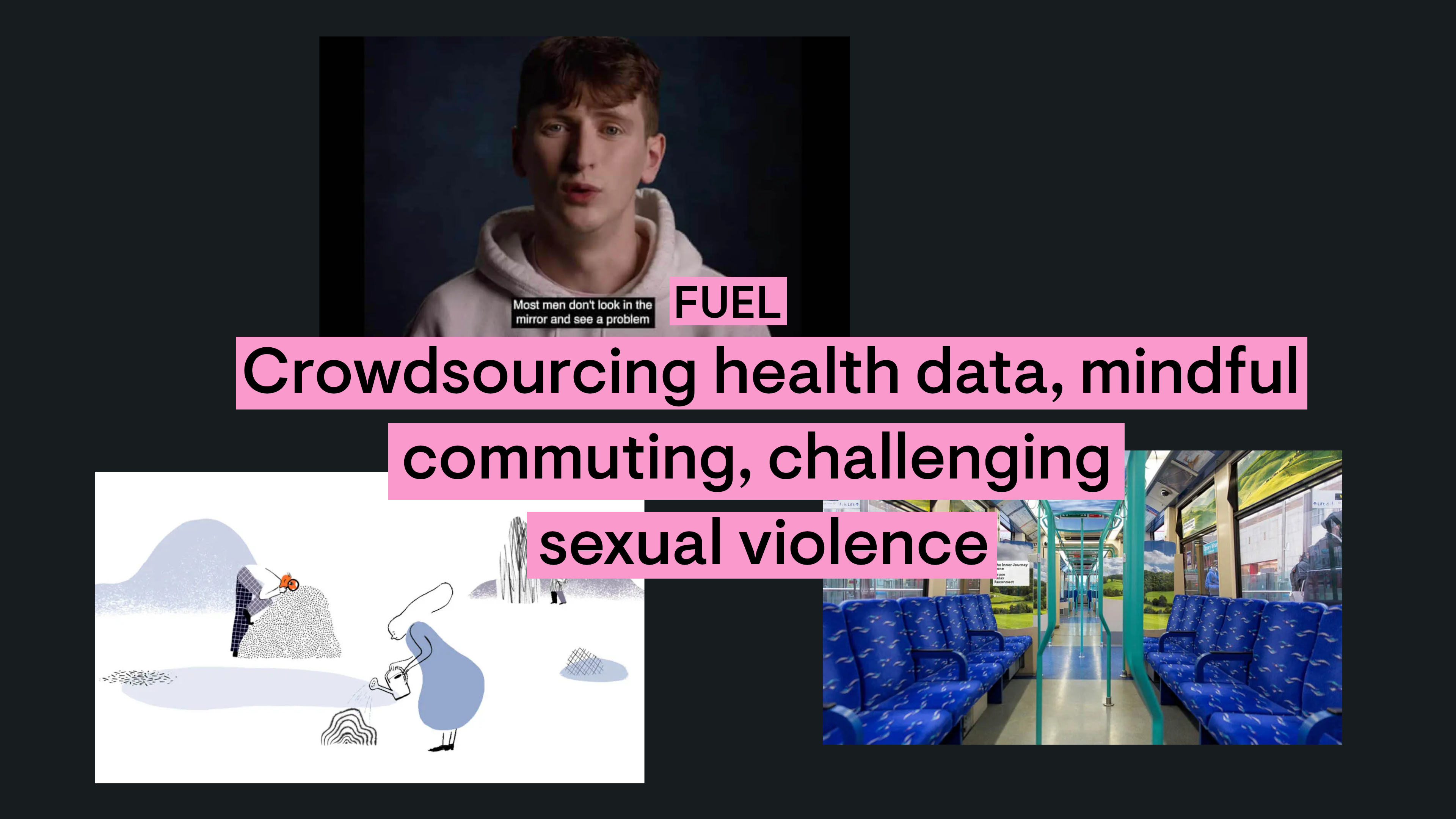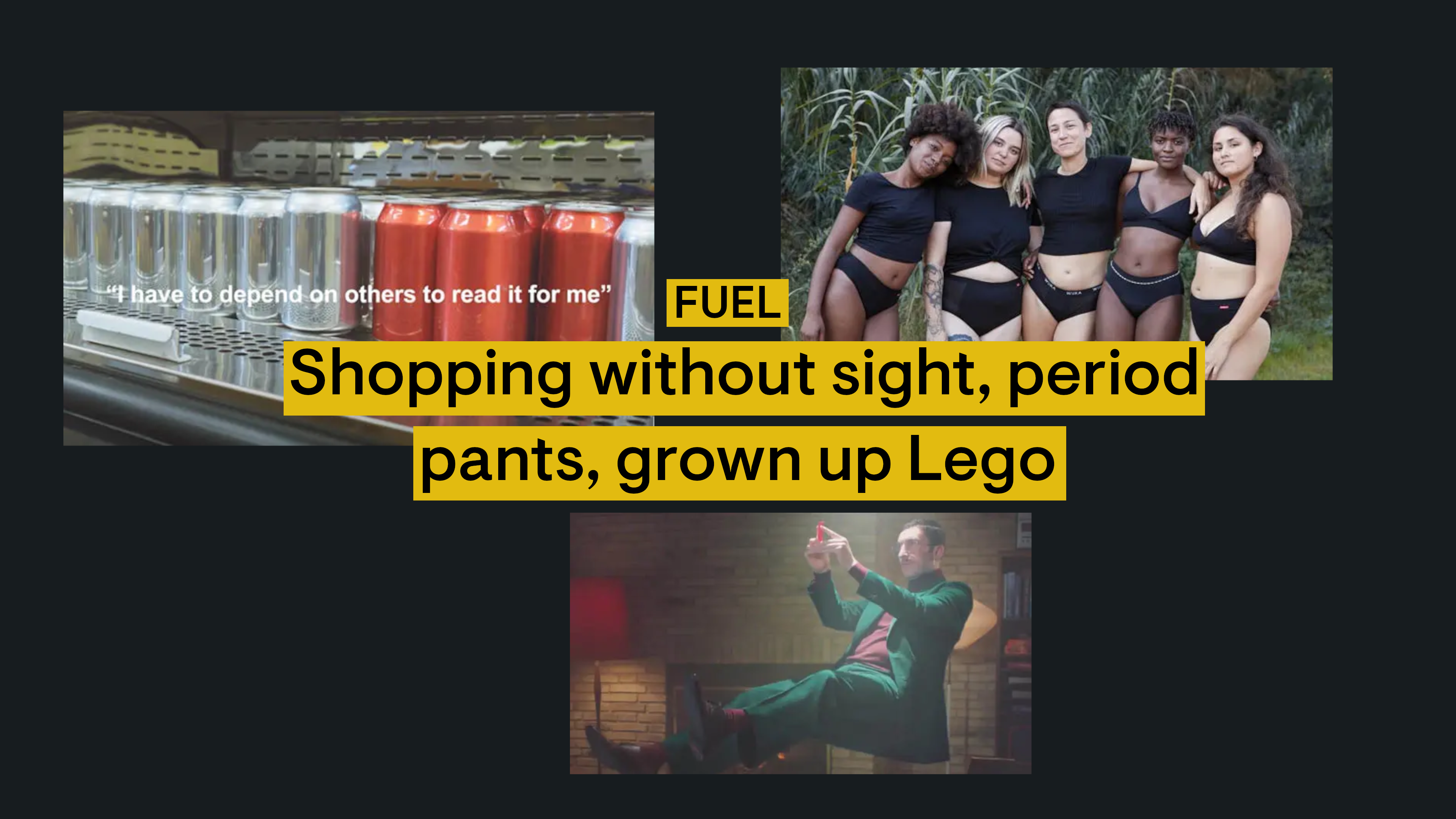In this blog we’re taking you to a place where design, digital and sustainability all merge into one for the benefit of people and the planet.
– Environmentally friendly face masks
– Online carbon footprints
– An oil giant’s new direction

Compostable face masks
Face masks have become a huge part of our lives over the past few years. But have you ever stopped to think of the impact they create on the environment?
According to Pentatonic, the world disposes of three million single use face masks every minute with each taking up to 450 years to decompose. Because of these alarming figures, Pentatonic and fashion industry expert Natalia Vodianova have designed the world’s first high performance, fully compostable face mask.
They may have a design similar to single use masks, but they’ve been completely re-engineered for maximum comfort, upgraded filtration and made entirely compostable.
Chris Skelton, our Creative Director, says:
“In the UK at least, restrictions are almost non-existent (soon to be gone completely) and almost the entire population seems to have immediately forgotten that face masks were even a thing. As such, it might feel like a breakthrough like this is a little too late to the party to make a real difference. Especially for the price (because they aren't cheap). But it's not. Think how many medical environments around the world already use masks like these every day and will continue to do so for years to come. Imagine how many other products require filtration membranes that this technology might be useful for. It's not just about face masks. It's about moving the world that little bit closer to a more sustainable future. Bravo Pentatonic! They look great too.”

Social media expiry dates
Everything has an expiry, so why not our social media posts?
Although it might not be visible, our life online is hugely impacting our life offline. To combat our growing carbon footprint, Dalkia, a French energy company has created the hashtag #dld short for 'date limite de disponibilité’ to manage anything that no longer serves an online purpose.
The hashtag #dld will be followed by a month, acting like an expiry date for Dalkia’s social media team to then delete what’s no longer wanted.
Rachel Cook, our Managing Director, says:
“Websites use a phenomenal amount of energy in storage. 416.2TWh to be exact. But it’s hard to persuade consumers to care about their online habits as much as their cars, for example. One thing we’ve trialled at Thompson is monitoring the amount of energy our websites use, then looking at less energy-sapping solutions. It’s an emerging trend and it needs work, but I believe it’s a step in the right direction. Having a ‘delete by’ date on social posts is one thing I’ve not see though and I’m impressed at this brand taking their eco commitments seriously, all the way to yellow stickers. It makes me wonder what more our clients can be doing to live that promise. Could you be doing more?”

London electric
The pressures on oil industry giants to take a lead in easing the transition away from fossil fuels towards renewables.
Shell has taken a visible step in the right direction. Following an increased consumer demand for electric vehicles Shell has converted a London gas station into a new charging hub.
Further strengthening their sustainability goals, Shell has designed the hub using environmentally friendly materials and installed solar panels that provide 25% of the site's electricity needs.
The new hub is part of Shell’s plan to have 50,000 charging points up and running in the UK by 2025.
Emma Beevers, one of Thompsons Account Executives, says:
“It’s a great step forward seeing a well-known oil company making big changes to becoming more sustainable and investing in our future. I think especially in the younger generations people are choosing to live more sustainably, so this new direction for Shell echos that. Hopefully their competitors feel encouraged to do the same.”




